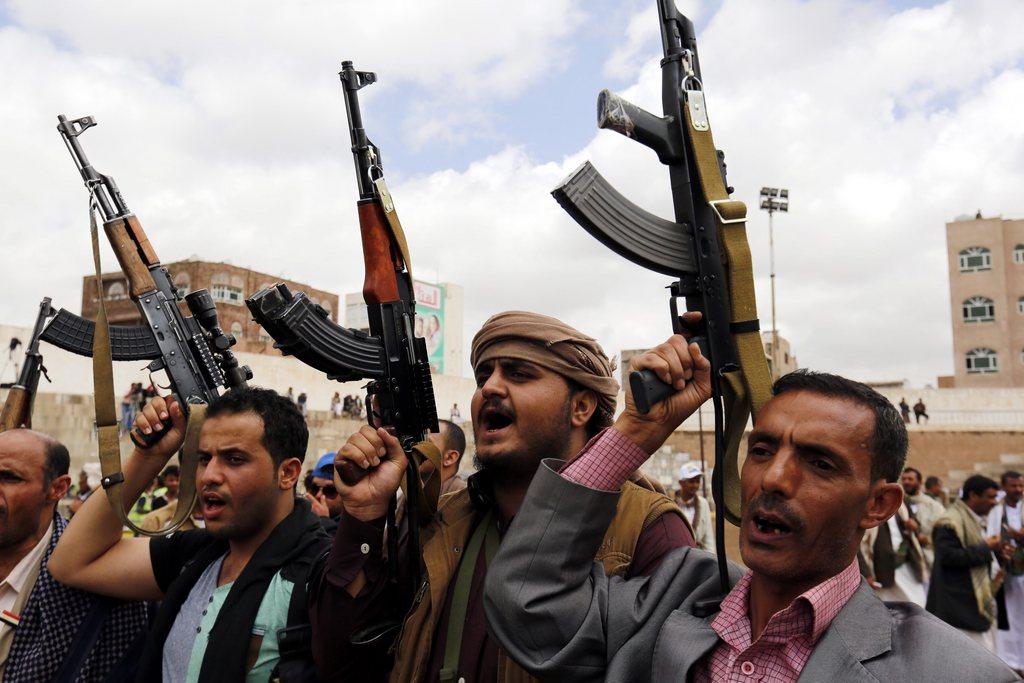Swiss slip in small arms transparency ranking

Germany and the United Kingdom are the most transparent major small arms exporters, the 2016 Small Arms Survey shows. Switzerland has dropped from first to fifth place in the barometer due to poor reporting.
For the first time since 2007, Switzerland gave up the top spot in the Small Arms Survey’s latest evaluation of the most transparent small arms exporters.
“Its lower score in comparison with previous years reflects less complete reporting to United Nations Comtrade [UN Commodity Trade Statistics Database] and a lack of information on licence denials,” the authors said in the 2016 bulletin published on Monday.
Iran, North Korea, Saudi Arabia and the United Arab Emirates came bottom among the 49 countries in the transparency ranking. They publish almost no data on small arms exports.
According to the study, the world’s biggest small arms exporters – countries that export at least $10 million (CHF9.6 million) per year in such weapons – delivered about $6 billion in weapons and ammunition in 2013 – a 17% increase from 2012.
With $1.1 billion in sales, the US was the leading exporter of small arms and light weapons, followed by Italy and Germany. The three countries accounted for almost 40% of exports of such weapons in 2013. Switzerland was ranked 14th with $107 million in sales.
Middle East conflicts
The study showed that annual sales of small arms and light weapons to Middle Eastern countries nearly doubled in dollar terms in 2013 over the year before, as conflicts heated up across the region.
The survey found that small arms and light weapons imports in the Middle East rose to $630 million in 2013 from $342 million in 2012, the latest years for which data was available.
Nicolas Florquin, senior researcher for the Small Arms Survey, said the increase in imports of such weaponry to the Middle East coincided with the intensification of conflicts in countries including Syria, Iraq, Libya and Yemen.
Florquin said there is some evidence of the “retransfer” of small arms without authorisation from importing countries to some of those conflicts. For example, UN investigators found ammunition and pistols in Libya that could be traced back to importers in the region – despite an arms embargo, he said.
In April it was announced that Swiss arms exports would resume to the Middle East, excluding weapons that could either be used in the Yemen conflict or by states to repress their own citizens. The decision partially lifts a ban on war materiel exports to the region that has been in place since March 2015.
The Small Arms Survey is an independent research project located at the Graduate Institute in Geneva. It is supported by the Swiss foreign ministry and contributions from ten countries including the US and the European Union.
Researchers looked at trade data, including from the United Nations Commodity Trade Statistics Database, and national arms exports reports, for their report.

In compliance with the JTI standards
More: SWI swissinfo.ch certified by the Journalism Trust Initiative












You can find an overview of ongoing debates with our journalists here . Please join us!
If you want to start a conversation about a topic raised in this article or want to report factual errors, email us at english@swissinfo.ch.